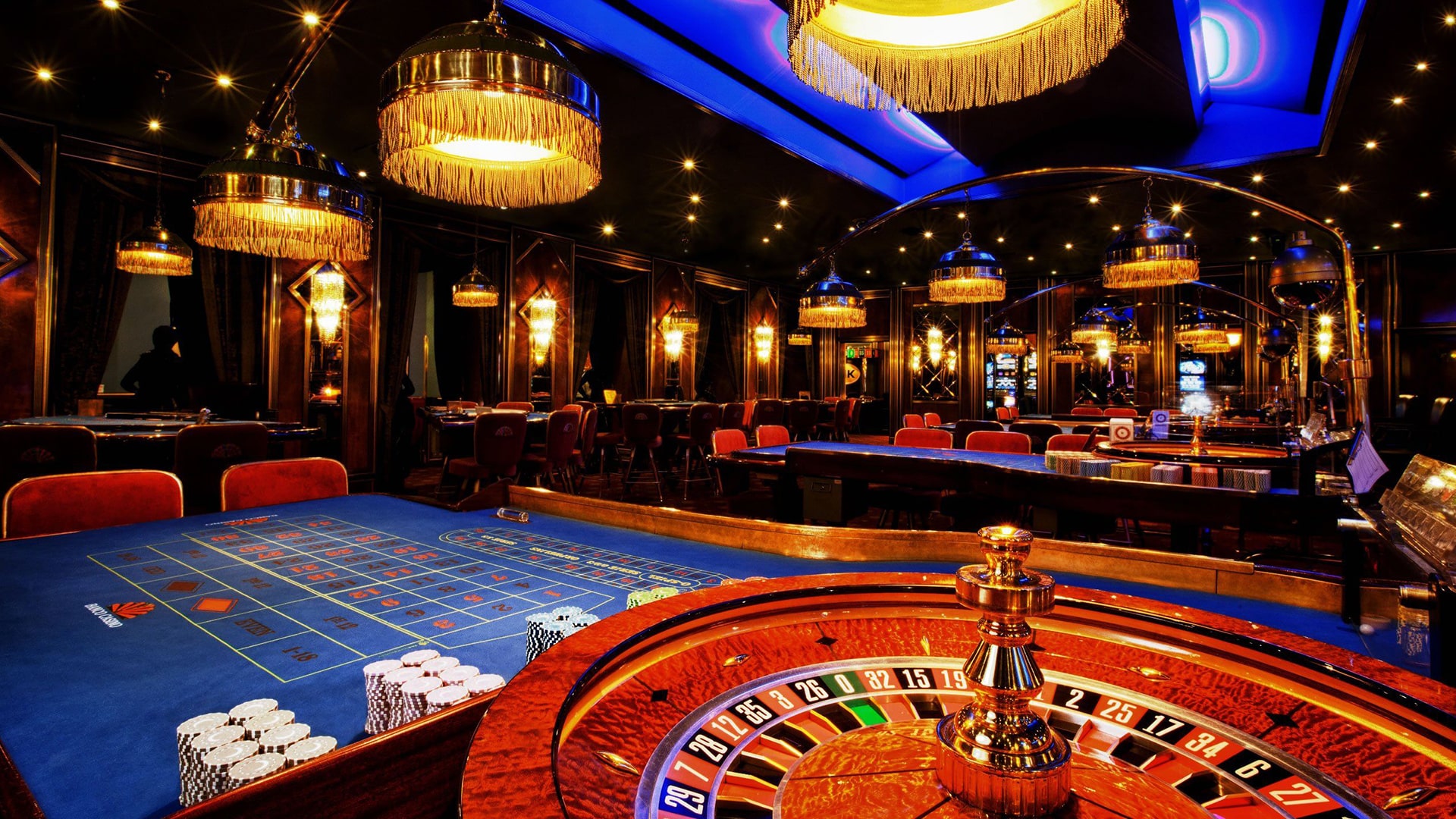A Mystery of Gambling Game Superstitions

In the world of gambling, where chance and strategy converge, a unique tapestry of beliefs manifests—one that intertwines luck, fate, and the enigmatic nature of casino games. Casinos, bustling with excitement and anticipation, are not just spaces for placing bets; they are also arenas in which superstitions thrive. Ranging from the novice player to the seasoned gambler, these mysterious practices often shape how individuals approach the games they play, holding the belief that their actions can impact the outcome in ways that go beyond mere probability.
When players gather around roulette wheels, blackjack tables, and slot machines, the atmosphere is thick with stories of lucky charms, rituals, and codified behavior that defy logic yet provide a sense of comfort. It could be the case that it’s wearing a specific outfit, following a particular sequence of bets, or even avoiding certain numbers, the attachment to various superstitions reflects a deep-rooted desire to master the uncontrollable. This article delves into the captivating world of casino game superstitions, examining the beliefs that simultaneously entertain and mystify those who dare to play.
Historical Beginnings of Superstitions
Betting games have long been connected with an host of superstitions that trace to early cultures. The origins of these beliefs can be associated to humanity’s intrinsic desire to control the random outcomes associated with chance and chance. In ancient civilizations, games of chance were often tied to spiritual practices. Gamblers would call upon blessings or request favor from deities, believing that their actions could affect the outcomes in their advantage. This basis laid the basis for the myriad of superstitions that spread as gambling evolved over ages.
During the Middle Ages, betting became a common activity across European nations, and with it, a diverse tapestry of superstitions developed. Participants adopted various rituals and charms, believing they could affect the consequences of games. The importance of numbers, in particular, started to appear in superstitions around card games and dice. The number 7 was often considered favorable, while various numbers carried unfortunate connotations. These ideas mirrored the social contexts of the time, evolving as they passed through generations and changed to emerging gaming environments.
As gambling houses emerged in the seventeenth century, particularly in Italy and the French nation, the atmosphere surrounding gambling became imbued in enigma. The growing openness of gambling activities allowed for the expansion and growth of superstitions among players. Concepts like fortunate charms, designated seating positions, and rituals gained prevalence, creating a distinct culture within gambling establishments. As these customs continued to thrive, they became integral to the identity of casino activities, illustrating how the past and tradition shape the convictions that influence how players engage with chance.
Popular Casino Superstitions
Superstitions surrounding gambling games are abundant and diverse, reflecting the dreams and fears of players as they participate in random games. One of the most prevalent views is that certain numbers bring fortune or bad luck. For example, the number 7 is often seen as a lucky number, frequently embraced by gamblers looking for a favorable outcome. Conversely, the digit 13 is routinely considered cursed, leading many gamblers to avoid it during their gaming sessions.
A common belief relates to practices that gamblers believe can affect their odds. Whether blowing gently on the dice before a roll, using a specific gesture to place a wager, or even putting on specific items of attire, many individuals feel that these actions can tilt luck in their favor. LINK 78WIN These rituals offer a feeling of control in an otherwise unpredictable environment, reinforcing the idea that fortune can be manufactured through personal beliefs and customs.
Finally, the ambiance and vibe of the gambling house itself contributes to myths. Many gamblers suggest that the presence of specific symbols, such as four-leaf clovers or lucky tokens, can enhance their odds of success. Additionally, players might hold to the belief that winning streaks can be interrupted by mundane events, such as someone walking past or a accident at the table. The shared atmosphere in a gambling house can amplify these superstitions, creating a shared culture of superstitions that transcends single encounters.
Impact of Superstitions on Players
Beliefs play a important role in the mindset of casino players, often affecting their actions and decision-making. Numerous gamblers believe that luck can be manipulated through various rituals, such as donning a talisman, selecting specific colors, or steering clear of particular digits. https://78win1.dev This dependence on superstitions can create a feeling of control in an environment that is intrinsically unpredictable. Players often feel more self-assured and engaged when they believe that their actions could sway the result of a game in their advantage.
The impact of these superstitions extends past singular players, affecting the overall atmosphere inside the casino. For example, a player who believes in the luck of a certain slot machine might draw a crowd, as onlookers are intrigued by their apparent luck. This shared belief can heighten excitement and create a lively environment, leading to an interesting experience even for those who may not necessarily be superstitious. The buzz around certain games can lead to higher participation and extended playing sessions, supporting the casino’s lively social scene.
In some instances, superstitions can lead to negative effects for players. Depending too heavily on rituals can result in poor gambling decisions, as some may overlook basic strategies in favor of baseless beliefs. Additionally, the pressure to perform rituals may increase anxiety and tension, detracting from the pleasure of the experience. Ultimately, while superstitions can enhance the thrill of playing casino games, they can also lead to foolish choices that overshadow the fun and entertainment intended in the casino experience.
